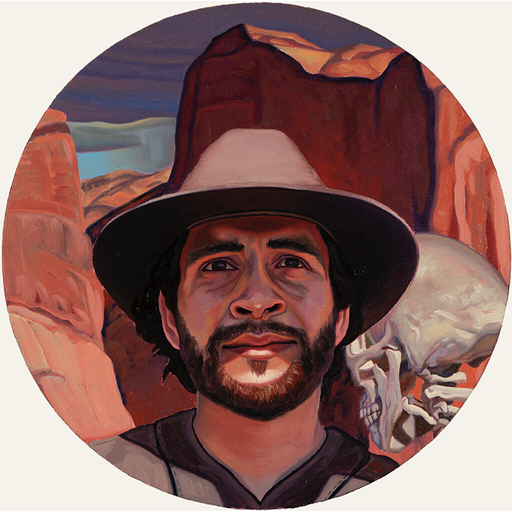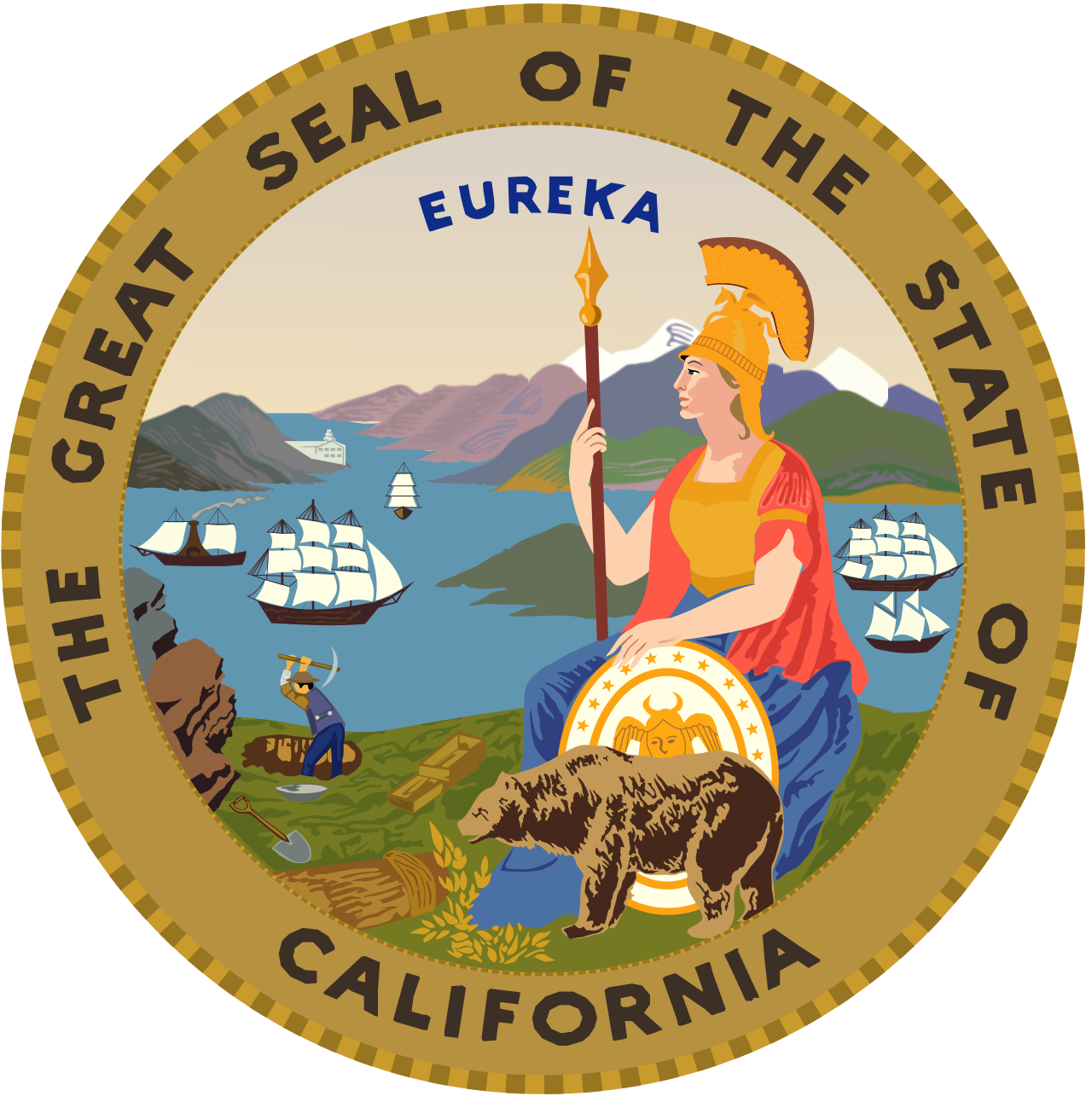

Not how economics work.


Not how economics work.


Agreed geoengineering is bad science/engineering IMO. You can’t know what the long term effects would be until after its been deployed. The safest bet would be to just ditch fossil fuels but that’s not as sexy.


I mean yeah shit’s toxic. How it’s allowed in the regular food supply is beyond me.
The land barons of CA are no joke. They are a problem that we are going to have to deal with one way or another.
As a born/raised/living Californian I can attest to the fact that its not California that is the problem. But as my ancestors would say it’s “El Pinche Gringo’s” that tend to be the problem.


Based on this statement it looks like they were compelled by the courts:
They also provided an update:
So it sounds like they had their hand forced in that instance to provide the data and got a court ruling that allows them in the future to not retain that data. I would trust them.


IMO its a “meh”. Oil production is currently at an energy neutral state(amount of energy needed to extract is equal to the energy provided), in a decade or so its going to hit energy negative(energy needed to extract is more then energy provided). What should be happening is slow/begin halting extraction and storing all of that oil in the ground just in case we might need that energy surplus at some point in the future but that hurts quarterly profit returns so the oil executive solution to it is “suck it dry, not my problem”.


Because he is not an actual progressive. Hes just a spoiled rich kid who like to pretend to be a progressive.
They don’t call it Grand Teton National park for nothing.


Proper shit post


This is awesome. I love how this city is changing.


People know whats going on and the reactions are numerous to count. Nihilism/apathy tend to win out not because we don’t have solutions already on the table to solve it but because those solutions are not consumer based and easy. We are not going to solve this via a magic bullet, fusion power isn’t going to solve the underlying problem of consumerism/neo-liberal capitalist economics.
We are not powerless to make the change, thinking that way only empowers those who have no problem with killing the planet for profit. There are millions of people all over the world actively working on changing the economic conversation away from GDP growth and consumerism to something else, however they don’t get the broadcast airtime in the US. There is degrowth, postgrowth, environmental socialism, doughnut economics, etc all with different ways/ideas to build an economy without consuming the planet in the process.
Honestly the best action an individual can take is join a group or organization that is actively trying to shift the conversation. Extinction Rebellion, Fridays for Future are just a small sample of the millions of organizations and groups who are actively trying to build a better future, find a local group where you live and join in-person. The work is going to be long and hard but the hardest part requires individuals to put their own ego in check and do the work not for their own personal benefit but for the benefit of the collective and generations to come. We are powerful together, but divided and stewing in our own misery and loathing about the hand we have been collectively dealt doesn’t solve anything. If anything it makes it worse. What works is getting involved with your local community, talking to people, building networks of support and collective activism. The more we do that the better shot we have at staving off the worse possible future.


It’s because of how they are financed and evaluated. Their investors/financiers expect a constant return on investment as well as yearly financial growth to justify their high stock values. It doesn’t matter if they have big enough or are already producing max profit. Gotta keep growing to match inflation which is also tied to growth. All powering a runaway train in which there is no conductor.


IMO I think the “doom and gloom” messaging has backfired into apathy and nihilism. Yes we should be honest with the seriousness and severity of the situation but I think it’s more important to provide and message hope. Also provide solutions, alternative economic systems, simpler and happier lifestyles, and especially pathways to off-ramp from the consume till we die society that we currently live in.


I like the writers observation that using environmentally safe products but then consuming more of them still lands us back to the same problem of not enough resources to provide such consumptive lifestyles. I disagree with the point that Doughnut Economics is just greenwashing because it’s not explicitly “degrowth”. Doughnut Economics is about Degrowth, it just makes the point that no matter how much you shrink the economy there are some basic services you need to provide for everyone. Doughnut Theory calls them the social foundations and you can’t go bellow that. How the book addresses shrinking the economy but still providing enough for the social foundations is by “decentralization” of power, finance and ownership.


Open Source Society University https://github.com/ossu/


Oh yeah at this time vertical farming is not suitable for staple crops. However because fruits/veggies lose a majority of their nutritional content when being transported growing them indoors closer to population centers makes more sense. Also would like to mention that the energy and carbon cost to an indoor farm are currently high right now however lots of work is being done to reduce those costs. Not saying it will ever be 0 but we can get closer. Like 3D printing hydroponic towers using recovered and repurposed plastic, integrating them into aquaculture systems to do aquaponics to provide a protein and high quality fertilizer source, placing them in skyscrapers with open walls to take better advantage of natural sunlight, etc. The current strategy of using climate control systems and LED lights is not the way forward IMO but hell it’s a start in a field of agriculture that hasn’t been touched in decades.


There is also the fact that they consume a lot less water. In regions where solar and wind energy are a surplus but fresh water is scarce, indoor farming makes more sense.


I have been studying Doughnut Theory. IMO its all about metrics/measurement and Doughnut Theory gives a robust way to measure the actual health of an economy/society. You got your social foundations which you have to ensure everyone gets, and you have your ecological ceilings which are your limits on natural resource use/extraction. So the challenge is how do you build business, finance and law to do that.
Good, now get me off this planet.